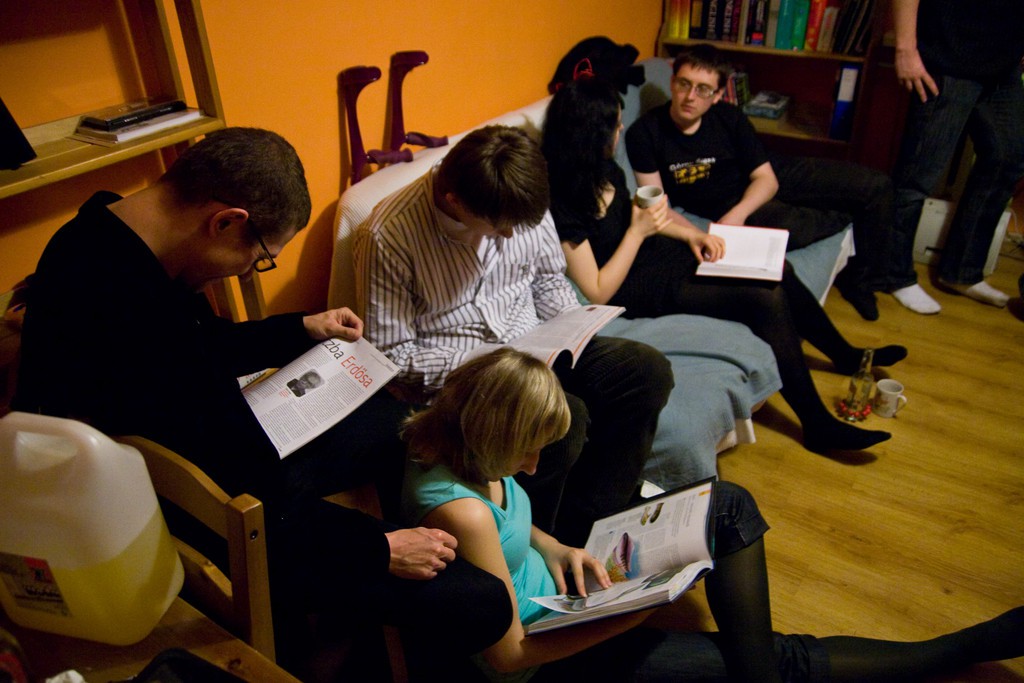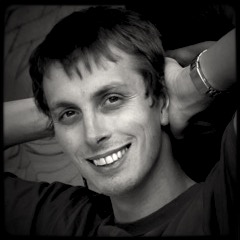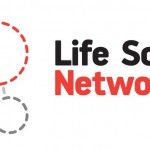Autistic traits, science and the nerd stereotype (Piotr Migdał, February 2016)
There is a stereotype of scientists and engineers being aloof, unaware of social conventions and perhaps even exhibiting autistic traits. Recent research show that STEM students are indeed more autistic than the general population.
The theme of Crastina this month is “neurodiversity and communication”.
Sheldon Cooper from the Big Bang theory is a prime example of the nerdy scientist stereotype – along with Amy Farrah Fowler as a close runner-up. However, a number of the aspects that are depicted by their characters are not related to science itself. Just take a look at the video below!
As you probably know, some of these behaviours are characteristic of Asperger syndrome — especially those related to literal-mindess, not picking up social cues, rigid self-imposed rules and idiosyncrasies.
As a matter of fact, science and technology are very specific human activities. It is not a world of intentions and wishes – it is based on explicit rules, repetitive patterns and cold logic. In these disciplines things work (or they don’t) regardless of our social position or desires (vide the American physicist Richard Feynman’s quotation: “Nature cannot be fooled”).
Moreover, obsession may help: even standard code debugging requires OCD-like attention to detail, where a single missing bracket spoils the code. Just compare it with natural language, which is extremely error-tolerant! Same holds for creating rigid mathematical proofs or spending years to study a single biological phenomenon.
So, the autistic cognitive style may be aligned with doing science. A book chapter Cassandra among the cyborgs goes deeper in constructing science-autism parallels. It may be not about intelligence itself (studies of mathematical abilities of people with Asperger syndrome are largely inconclusive), but about personality that is suited for coherent research of mechanistic world (rather than the narrative world of stories, desires and intentions).
But does data support it? A research at the Cambridge University have shown that students in mathematics, physics and computer science have higher number of autistic traits that those studying “softer” sciences (and the general population). So-called Autism Quotient was particularly high for the winners of the UK Mathematics Olympiad. In fact, some of them met diagnostic criteria for autism; yet, they consider their lives happy and fruitful.
Academic environment seem to implicitly accommodate for these traits. Where I did my undergraduate studies (in physics and mathematics), maintaining eye contact was not a necessary condition of showing interest. Also, it was acceptable to enter a party search the host’s book shelf before greeting anyone – see photo!

A real photo from an enjoyable party of undergraduate students – MISMaP, University of Warsaw.
You can easily find claims that one or the other eminent scientist was autistic. While I am skeptical of posthumous diagnoses (as it is easy to cherry-pick facts fitting our narration), I recommend reading the biography of Paul Dirac. There is visible contrast between his literal-mindedness and apparent coldness, and deeply caring for his close friends. Also, it’s a great (and extraordinarily well researched) reading on the history of the 20th century physics.
If you ever ask yourself “Am I autistic?”, please remember that it is a spectrum, a continuous parameter like height. All of us lie somewhere on it! Does one need to be autistic (or at least: nerdy) to excel at science and engineering. Not at all! In science there was extremely reclusive Dirac and extremely social Feynman.
Yet, it is good to be aware of the neurodiversity and that other people can have different styles of thinking than ours, with their pros and cons. It’s not a challenge – it’s an opportunity to see word through various lenses! (As long as we respect other’s right to be different.)
Piotr Migdał, Ph.D.
is a quantum physicist turned into a data science freelancer (data analysis, interactive visualizations). He organized independent events such as camps for gifted high school students and an unconference series Offtopicarium; now working on a quantum game.
- Baron-Cohen, S., Wheelwright, S., Skinner, R., Martin, J. i Clubley, E. (2001). The Autism Spectrum Quotient (AQ): evidence from Asperger Syndrome / high-functioning autism, males and females, scientists and mathematicians Journal of Autism and Developmental Disorders, 31 , 5-17.
- Graham Farmelo, The Strangest Man: The Hidden Life of Paul Dirac, Quantum Genius; see also a review by Marcin Kotowski
- Uta Frith (editor), Autism and Asperger Syndrome; especially Chapter 4: Christopher Gillberg, Clinical and neurobiological aspects of Asperger syndrome in six family studies
- Umland, S. & Wessel, K. (2004). Cassandra among the cyborgs, or, the silicon termination notice. W: D. Tofts, A. Jonson, A. Cavallaro (red.), Prefiguring Cyberculture: An Intellectual History (pp. 66-83). Cambridge: The MIT Press.
- Migdał, P. & Krawczyk, S. (2011). Zespół Aspergera, nauki ścisłe i kultura nerdów (in Polish)
- My links and Asperger Syndrome and nerds – papers
Fact box
Autism is a condition characterized by problems with communication and social interactions, intense and narrow interests and being obsessed by rigid rules. While autism can be debilitating (to a point that a child is not able to learn language) it is also possible to have a milder form, not affecting the overall cognitive development. It is called high-functioning autism (HFA), often considered the same thing as Asperger Syndrome. If you want to learn more, I recommend Autism and Asperger Syndrome, edited by Uta Frith.
A lot of social interaction base on non-implicit messages or contexts. It includes white lies (e.g. “Yes, aunt, this cake is delicious!”), as communication is centered on social relationships rather than the abstract notion of truth or coherence. Here people with HFA can be lost – as they may not catch irony (“You did GREAT!”) or that one is expected to address their peers and superiors in a different way.
- Helping exceptionally gifted children in Poland - August 11, 2016
- Autistic traits, science and the nerd stereotype (Piotr Migdał, February 2016) - February 4, 2016
- There are no projects like side projects (Piotr Migdał, January 2015) - January 1, 2015
- 5th Offtopicarium in Poland, 26-28 Sept 2014 – apply! - August 13, 2014






This is such an interesting and thought-provoking article! It sheds light on the misconceptions and stereotypes surrounding autistic individuals, highlighting the unique strengths and perspectives they bring to the scientific community. It’s important to challenge the notion of the “nerd stereotype” and recognize the diversity within the autism spectrum. Kudos to the author for promoting a more inclusive understanding of autistic traits in science!